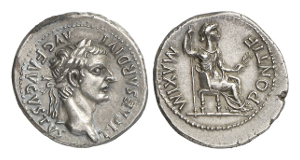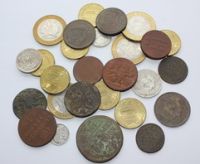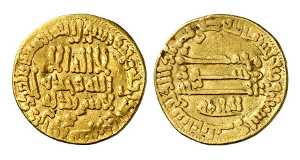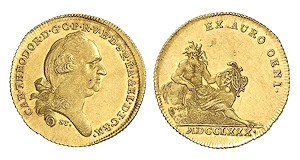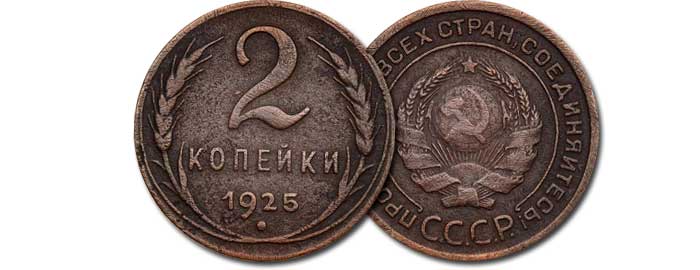ousted emperor on coins
Oriental coins (VII-XXI century)
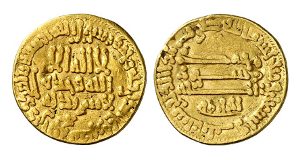 The conquerors of the territories that previously belonged to Byzantium were not familiar with the coinage before the reign of Muhammad, and therefore the history of the Arab coinage begins with imitation of coins of the Byzantine and Sassanian type. In part, these imitations were a rather loose interpretation of the original. Along with them, images of the ruling caliphs were minted on Arab coins.
The conquerors of the territories that previously belonged to Byzantium were not familiar with the coinage before the reign of Muhammad, and therefore the history of the Arab coinage begins with imitation of coins of the Byzantine and Sassanian type. In part, these imitations were a rather loose interpretation of the original. Along with them, images of the ruling caliphs were minted on Arab coins.
Around 696-698, Caliph Abdul-Malik ibn Mervan from the Umayyad dynasty (685-705) carried out a reform of the eastern monetary system. Continue reading
Medieval coins (ca. 500-1500)
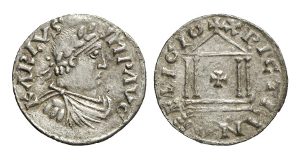 Medieval coins (ca. 500-1500)The Middle Ages spanned 1,000 years of European history, starting with the earliest chased coins of the German successor states of the Roman Empire during the Great Migration and ending with the coins of Emperor Maximilian I (1486-1519), the “last knight”.
Medieval coins (ca. 500-1500)The Middle Ages spanned 1,000 years of European history, starting with the earliest chased coins of the German successor states of the Roman Empire during the Great Migration and ending with the coins of Emperor Maximilian I (1486-1519), the “last knight”.
The Middle Ages opens up great opportunities for the collector. This area of collecting includes interesting types of coins of the era, which laid the foundations of modern European monetary and monetary affairs. Continue reading
Greek coins (VII-II century BC)
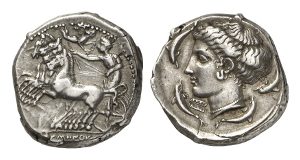 In ancient Greece, the fundamental foundations of the development of European civilization were laid. The cultural achievements of the “classical time” (ca. 500-363 / 323 BC) include not only the formation of Athenian democracy, but also monumental buildings (the Acropolis), important historical documents (Herodotus), and large-scale sports events (Olympiad), relevant to this day. Continue reading
In ancient Greece, the fundamental foundations of the development of European civilization were laid. The cultural achievements of the “classical time” (ca. 500-363 / 323 BC) include not only the formation of Athenian democracy, but also monumental buildings (the Acropolis), important historical documents (Herodotus), and large-scale sports events (Olympiad), relevant to this day. Continue reading
